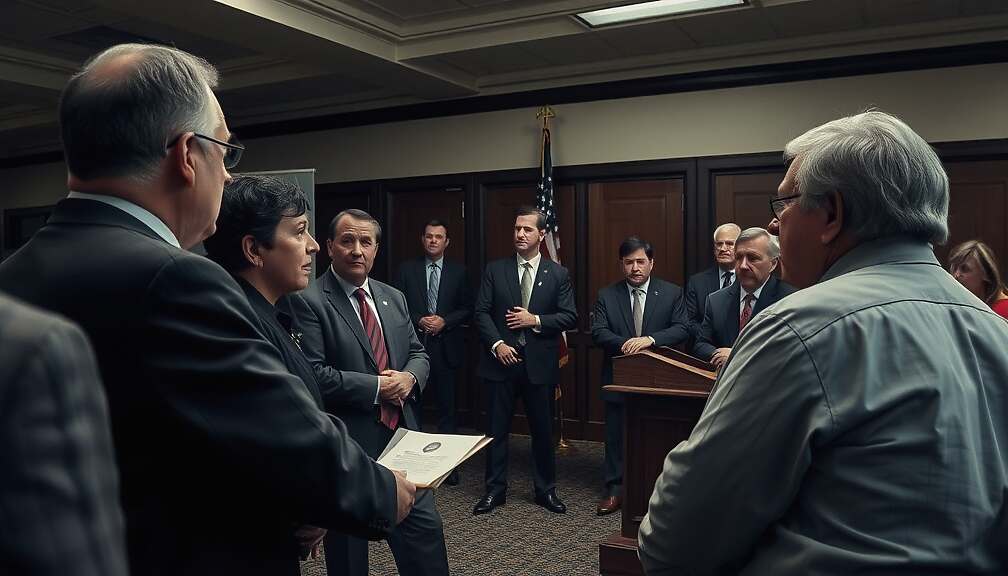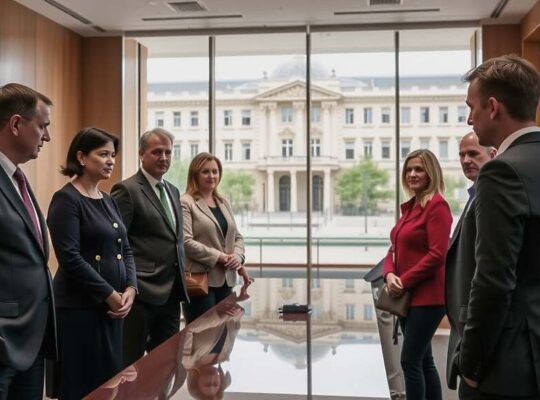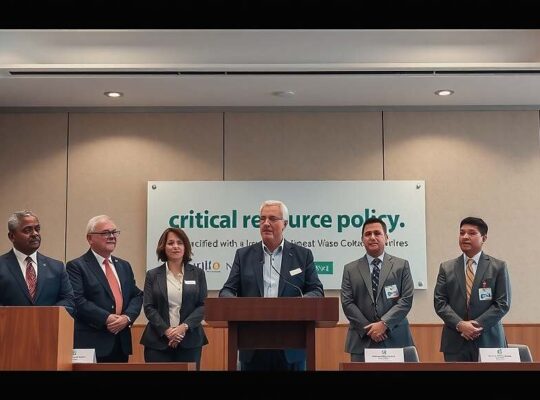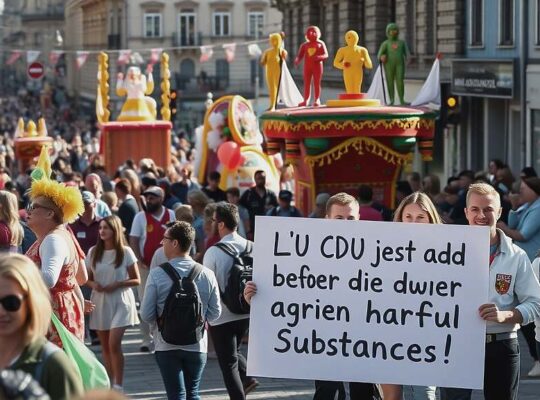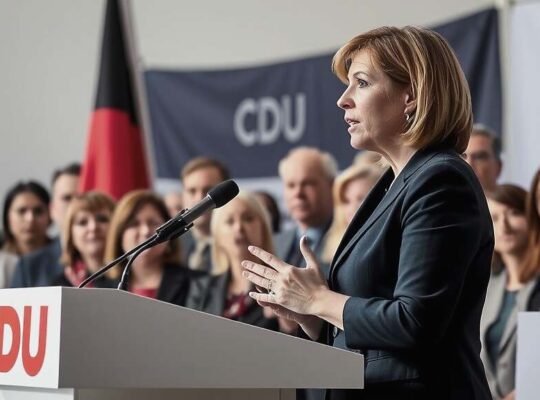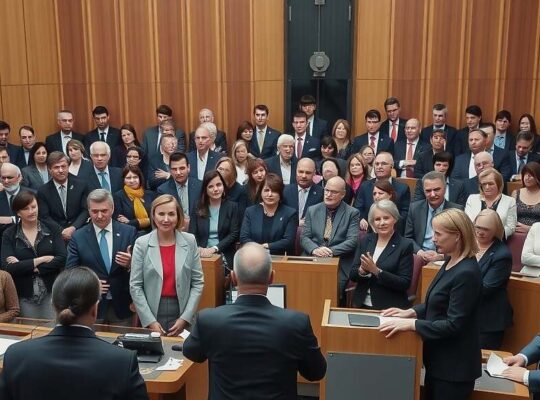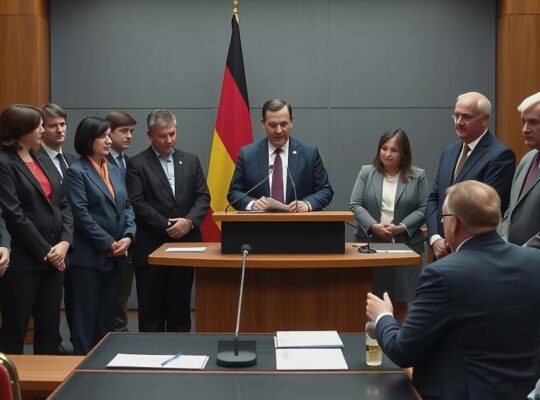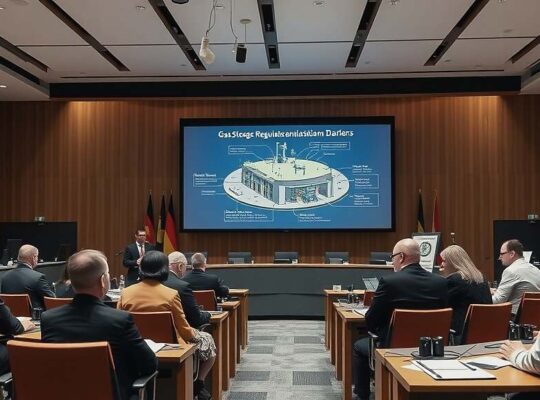Internal divisions within the Christian Democratic Union (CDU) are intensifying over the party’s approach to the rise of the far-right Alternative for Germany (AfD), with a prominent figure accusing some within the party of pursuing a misguided strategy that ultimately hinders its own electoral success. Dennis Radtke, head of the CDU’s social wing and leader of the Christian Democratic Work Association, has vehemently criticized calls for a dismantling of the so-called “firewall” – the practice of refusing to cooperate with the AfD.
Radtke’s assessment, published in an interview with Focus magazine, challenges the prevailing narrative that the party’s rigid stance against the AfD has inadvertently contributed to the latter’s electoral gains. He denounced the argument that the firewall’s perceived inflexibility is a root cause of the AfD’s success as “a dangerous intellectual blunder”. Radtke firmly believes the CDU should maintain its ideological position, focusing instead on improving its own policies and communication strategies.
His concerns extend to the broader implications of abandoning the firewall, questioning the CDU’s capacity to govern from the center if it cannot effectively contain the AfD in coalition with the Social Democrats (SPD). Radtke warns that abandoning the established political boundaries risks conceding aspects of the constitutional state to a party harboring elements deemed in part unconstitutional.
Radtke directly implicated a January resolution proposal as a significant contributor to the CDU’s failure to achieve a higher percentage of the vote, despite what he described as a favorable starting position. He called for the governing coalition to solidify a clear, guiding principle and to rectify persistent failings, particularly in their communication. While acknowledging necessary adjustments to social welfare programs like the citizen’s allowance (Bürgergeld) and immigration policies, Radtke asserts these are not the core issues driving public discontent.
He pointed to a disconnect between the perceived grievances of hardworking citizens and the political discourse, highlighting anxieties related to public broadcasting and even seemingly trivial concerns like accidentally consuming a vegetarian burger. This critique implicitly accuses the government of misdiagnosing the issues driving public frustration and misdirecting policy responses, potentially alienating traditional CDU constituents. The internal debate underscores a fundamental struggle within the CDU about how to address the rise of populism and reclaim its position as a dominant force in German politics.


